All the World is a Stage…
What is life, and where are we going? This question has haunted human beings ever since they learnt to ‘think’. The great poet and playwright, William Shakespeare suggested that we are mere actors, and perform the roles assigned to us. In “As You Like It” this appears in the form of a monologue. The analogy proved so powerful that this has become a much quoted metaphor. In fact this play owes its popularity to this dialogue delivered by the actor when he is alone on the stage. The bard goes on to divide life into seven stages, and suggests that human life is composed of the following phases:
-
Infancy: In this stage he is a helpless baby and knows little.
-
Childhood: He begins to go to school and is unwilling to leave the protected environment of his home as he is still not confident.
-
The lover: In this stage he is always remorseful due to some reason or other, especially the loss of love. He tries to express feelings through song or poetry.
-
The soldier: It is in this age that he thinks less of himself and more of others. He is very easily aroused and is hot headed. He is forever seeking a reputation for himself and gaining recognition, even at the cost of his own life.
-
The justice: In this stage he has acquired wisdom through the many experiences he has had in life. He has reached a stage where he has gained prosperity and social status. He becomes very attentive of his looks and begins to enjoy the finer things of life.
-
Old Age: He begins to lose his charm — both physical and mental. He becomes the butt of others’ jokes. He loses his firmness and assertiveness, and shrinks in stature.
-
Extreme old age: It is a second childhood, he is again helpless and no one takes him seriously in this phase of life.
For those who like Shakespeare’s language, the piece lifted straight out of the Play is reproduced below:
All the world’s a stage,
And all the men and women merely players: They have their exits and their entrances;
And one man in his time plays many parts,
His acts being seven ages. At first, the infant,
Mewling and puking in the nurse’s arms. And then the whining school-boy, with his satchel
And shining morning face, creeping like snail
Unwillingly to school. And then the lover,
Sighing like furnace, with a woeful ballad
Made to his mistress’ eyebrow. Then a soldier,
Full of strange oaths and bearded like the pard,
Jealous in honour, sudden and quick in quarrel,
Seeking the bubble reputation
Even in the cannon’s mouth. And then the justice,
In fair round belly with good capon lined,
With eyes severe and beard of formal cut,
Full of wise saws and modern instances;
And so he plays his part. The sixth age shifts
Into the lean and slipper’d pantaloon,
With spectacles on nose and pouch on side,
His youthful hose, well saved, a world too wide
For his shrunk shank; and his big manly voice,
Turning again toward childish treble, pipes
And whistles in his sound. Last scene of all,
That ends this strange eventful history,
Is second childishness and mere oblivion,
Sans teeth, sans eyes, sans taste, sans everything.
Is All the World Really a Stage?
Many years ago, while we were discussing this phrase in the house of Dr PN Shankar in Bengluru, his erudite father who had lost his eyesight, looked penetratingly towards me with his sightless eyes, and asked,
“If all the world is a stage, then where is the audience? Has a play been ever performed without public anywhere in the world?”
The question floored us, and since then, I have drawn curtains on this parable. It raises more questions than any which it may have answered! The stage was as it was, when the play began, and also on how it looked after the end of the show.
Part Two : An alternative Approach
Mystics and thinkers have described life as ‘Maya’ which in English may mean an illusion or falsehood. Some Masters have described it as a dream. And there they all agreed that it is not static. Change is the only thing that is permanent. One day, when I was contemplating on the immortality of the soul, it occurred to me that human life is a lot like a river. Rivulets emerge in the mountains out of small orifices which look like wombs. Before the birth of a river, there is a long ’gestation’ Clouds form over the oceans, and they travel towards the mountains. The snow and the rain accumulates in the mountains, and it emerges when the time comes. I have seen the origin of several rivers. The one at ‘Gomukh’ is perhaps the most picturesque.
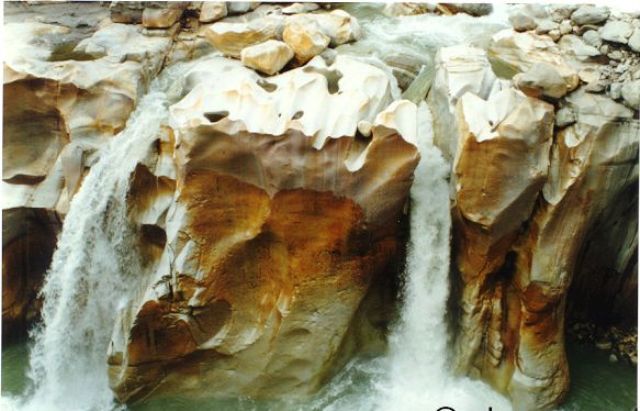 A picture of ‘Gangotri’ The start of the Ganges
A picture of ‘Gangotri’ The start of the Ganges
Phase two : The meandering Stage
In this part of the journey, the rivulet meanders through the mountains. It gurgles, and roars. Its pristine water rarely travels straight. It twists and turns much like a playful infant. The human child does a similar thing…it goes about exploring the house in what looks like an aimless running around. During this period, the rivulet is joined by several other streams, and they join up; just like children make friends to play. Their individual identities are lost and they move like a group of friends.
We see three rivulets merging into one, like friends!
Phase Three. The Joy of Falling.
The rivulet is like a child. Falling is a part of the game…and the adventurous children do the same. They dare not try it later, when they are grown up!
A waterfall in Sikkim
Phase Four. Urge for Freedom, and Spreading the Wings
At around this time, the rivulet wants to ‘grow up’. It seeks space to fan out. That is just like a young person wanting to leave home, and go out into the world. This happens when the rivulet emerges out of the mountains. It suddenly expands on both its banks. I once had an opportunity to fly out of Sikkim over the Teesta on a helicopter. When we reached just beyond the ‘Teesta Bridge’ I saw the rivulet enlarging in both directions. It was like school children graduating out and going in all directions in search of careers. Two pictures tell the tale.
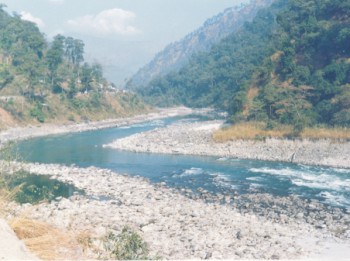 The Teesta, just out of the mountain
The Teesta, just out of the mountain
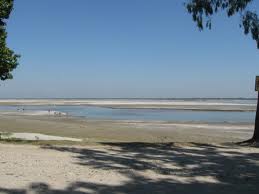 Teesta in plains. In mountains, it was a few meters wide, it now measures a mile between the banks!
Teesta in plains. In mountains, it was a few meters wide, it now measures a mile between the banks!
Phase Five : The River Grows up…
So far, the water of the river was pristine clean. But as it grows up, the burden of the society begins to tell on it. It gathers filth and stench. The child does the same. Evil influences begin to pollute his personality. He loses his godliness, and becomes vile and detestable. In the good old days, some rivers were known as ‘rivers of sorrow’. The most notorious on this count was “the Yellow River” (known there as Huang He) of China It was called by that name because it bought a lot of silt with it, and whenever the silt became high enough, the river used to change its course, flooding huge areas. As of now, most rivers in Asia are rivers of sorrow. The untreated sewer waters and affluent from industry combined with plastic wastes thrown in the water have made their water unfit for aquaculture and even irrigation. The holy bath in the Ganges does not cleanse the pilgrims any more. It may ‘wash’ their sins away, but it is no longer a joy. Masses of people are driven by faith and habit, to go for their ‘sewer snana’ It is much the same with human beings. As they grow up, and rise to positions of power and authority, they bring sorrow and pain to their fellow beings.
A ‘snana’ in a Holy Sewer
Phase Six : End of the Journey
Towards the end, there is very little ‘current’ left in the water. It no longer makes any new friends, and just like an elderly person, it moves to its ultimate destination, with a sense of resignation. The river, as also the old man has very little to offer. All it can do is to bear the burden of the environment and amble along its path. When it reaches the ocean, the situation is very interesting. When the tide is high, the sea water flows into the river, and when it is low, the river ‘flows’ into the salty waters. And here the river loses its identity and the name. Death of the human being is similar. At the fag end the line between ‘life’ and death’ becomes faint. I have seen some very frail people on their death beds looking like copses. And the end is more of a relief than a tragedy.
A file picture of the Hooghly, where the long journey ends
Phase Seven : The Inevitable End
And then when the waters merge with the ocean, a phenomenon just like that of human rebirth begins. When Sun shines strong, it converts the ocean water into clouds, and some clouds are able to move back to the mountains. And that is just like the soul. It has been truly observed that the ‘soul’ does not ‘die’ It merely changes its form. And therefore, the water of, sat the Ganges, might appear in the form of Narbada or Kaveri in the next cycle.
One More Similarity Between the River and Life
The similarity does not end here. In an idle reverie, I discovered that most of the water on the earth is in the oceans. Only an insignificant part is in the rivers. In the same way, the human beings are just a tiny speck when compared with the Creator. For those, who like figures, I am giving below a table which shows the distribution of water on the Earth. My calculations revealed that if the water in the oceans is equal to the contents of a standard swimming pool 50 meters x 25 meters, and two meters deep, then the sum total of the water in all the rivers on the earth is no more than two liters!
Where is Earth’s water located?
For a detailed explanation of where Earth’s water is, look at the data table below. Notice how of the world’s total water supply of about 332.5 million mi3 of water, over 96 percent is saline. And, of the total freshwater, over 68 percent is locked up in ice and glaciers. Another 30 percent of freshwater is in the ground. Rivers are the source of most of the fresh surface water people use, but they only constitute about 300 mi3 (1,250 km3), about 1/10,000th of one percent of total water.
Note: percentages may not sum to 100 percent due to rounding.
An estimate of global water distribution |
||||
Water source |
Water volume, in cubic miles |
Water volume, in cubic kilometers |
Percent of
|
Percent of
|
Oceans, Seas, & Bays |
321,000,000 |
1,338,000,000 |
– |
96.54 |
Ice caps, Glaciers, & Permanent Snow |
5,773,000 |
24,064,000 |
68.6 |
1.74 |
Groundwater |
5,614,000 |
23,400,000 |
– |
1.69 |
|
|
|
|
|
|
|
|
|
|
|
|
Soil Moisture |
3,959 |
16,500 |
0.05 |
0.001 |
Ground Ice & Permafrost |
71,970 |
300,000 |
0.86 |
0.022 |
Lakes |
42,320 |
176,400 |
– |
0.013 |
|
|
|
|
|
|
|
|
|
|
|
|
Atmosphere |
3,095 |
12,900 |
0.04 |
0.001 |
|
|
|
|
|
|
Rivers |
509 |
2,120 |
0.006 |
0.0002 |
Source: Igor Shiklomanov’s chapter “World fresh water resources” in Peter H. Gleick (editor), 1993, Water in Crisis: A Guide to the World’s Fresh Water Resources (Oxford University Press, New York).I would not have needed these figures if I had just seen the Globe closely. Look at the Earth with the Pacific ocean in the front. Now remember that, at places, this ocean can go up to ELEVEN kilometers deep. In contrast no river is more than a few meters deep, at the most, and the comparative analysis is not needed! |
||||
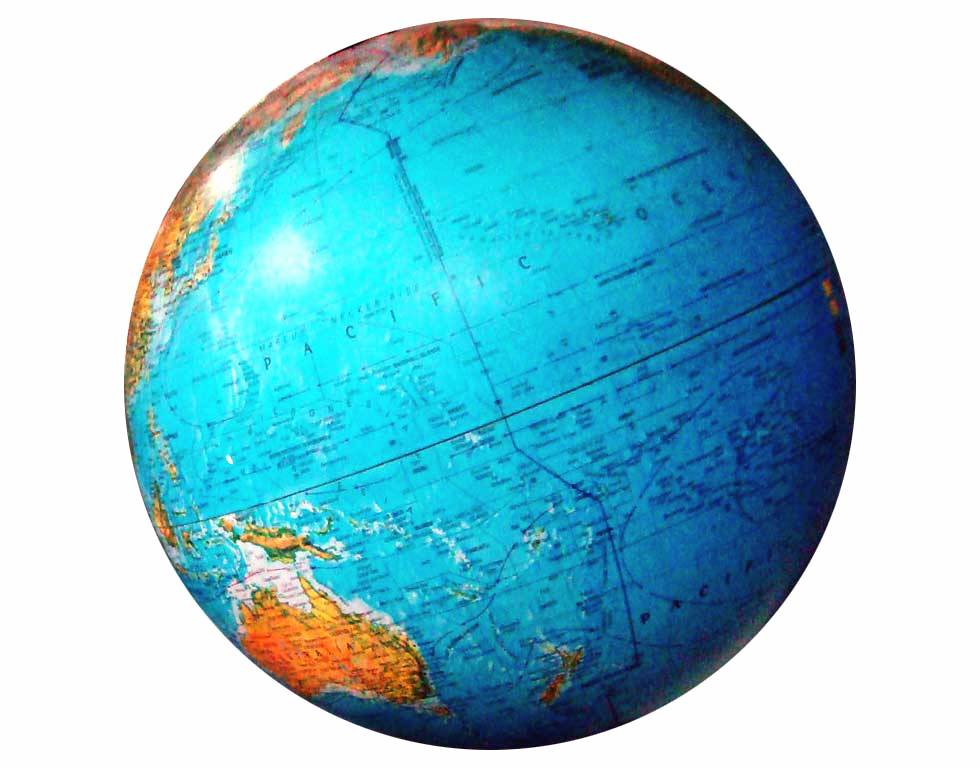 The Globe from a particular angle. You can hardly see any land!
The Globe from a particular angle. You can hardly see any land!
Denouement
I started this little story with a quote from William Shakespeare. If I had the strength of his pen, I would have composed a poem on this subject, and for a little while caused a few gullible readers to believe, at least for a little while, that life is just like a river. Actually, there are just a few similarities and the likeness ends there. Human life is far more complex, and interesting. It can neither be compared with any other phenomenon nor understood by the clever devices conjured by mystics and Masters. For one thing, have you ever seen a river or rivulet falling in love with another stream or brook? And of course rivers can not mate to produce another stream!
The bottom line is that life must be lived as it is without trying to discover either its meaning or identifying other natural phenomena which are similar to ‘life’ There are none. The Bard was clever, and since he was a playwright, he suggested that life is like a play. I was carried away by rivulets during the many years which I spent in the mountains. But the one thing which seems true to me is that just as there are rivers of sorrow, there are men who bring sorrow to mankind. There is a need to clean rivers, as also the men and women who dirty our society.
One of my favorite lyrics was penned by Gulzar sahib. In this, he says that love, which is the highest of all human emotions cannot be defined by a word. He asks you to let the feeling be left ‘nameless’ and manifest as a freewheeling relationship. He urges you to refrain from dividing it between the different forms, and not accuse it of relationships. The song I am referring to is ‘hamne dekhi hai un ankhon ki mehakti khushboo’ A link to it is given below :
A Poem by Col SK Kohli
Rivers Never Return by ‘cols’
From the Himalayan peaks or the Alps maybe
Rrivers emanate like does the Ganges…
The iced waters of purity flow
Take alongside, all that makes them slow
So does love
All lovers bestow upon the minds of souls
Tthey owe the love of their lives
That we all know
But with a tide river can drift.
Llet love also do just the same…
No river can return
The way gone by lovers, you too
Never ever say die
As love flows into the depth of the fathoms
Of fathomless hearts like rivers do
At the sea depart, only till then
Play your part as you merge in the wildness
Of the ocean
There should be no roar, no commotion
Only silence!
the river smoothly does submerge
So should your love emerge as the river of love

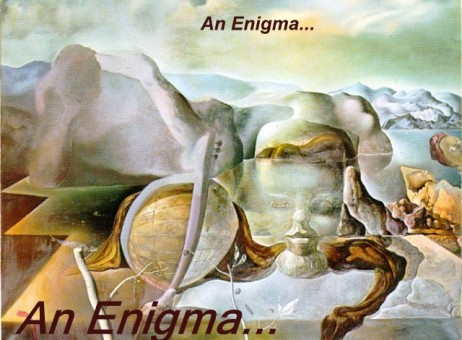
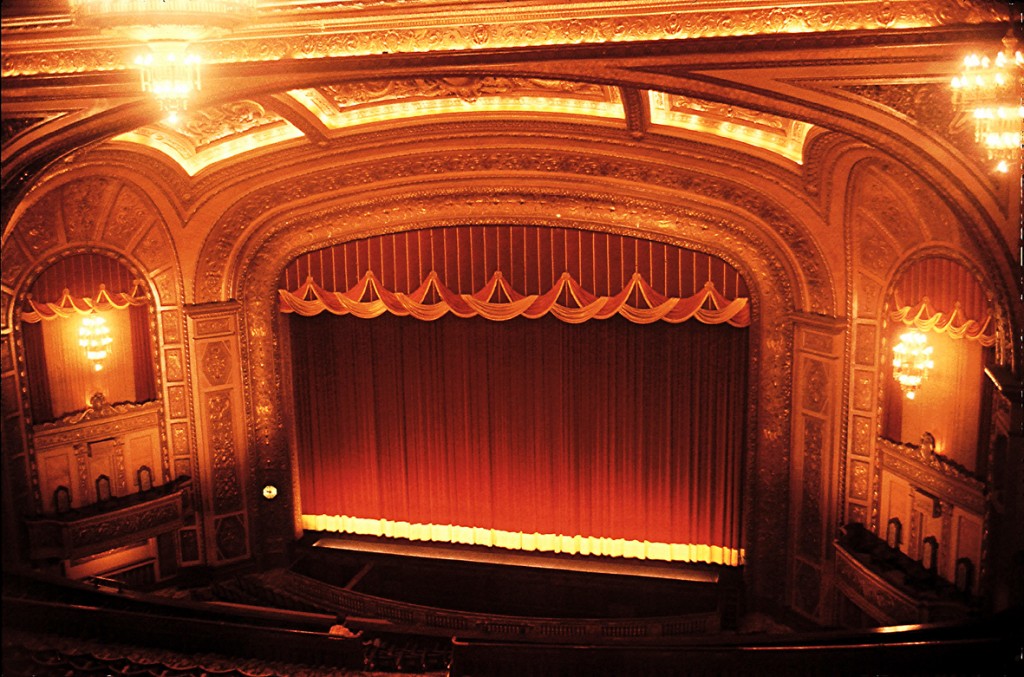
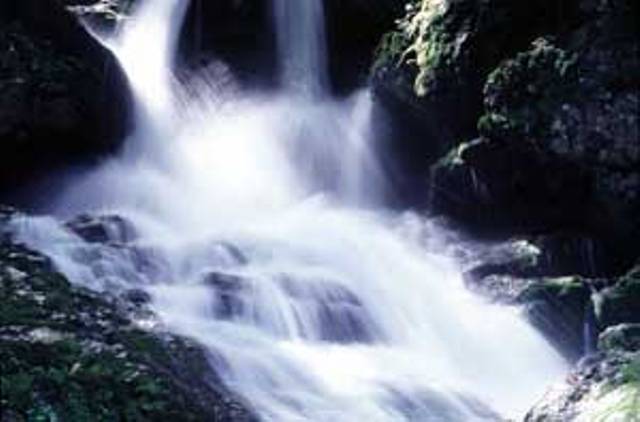
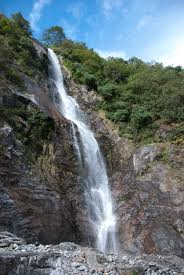
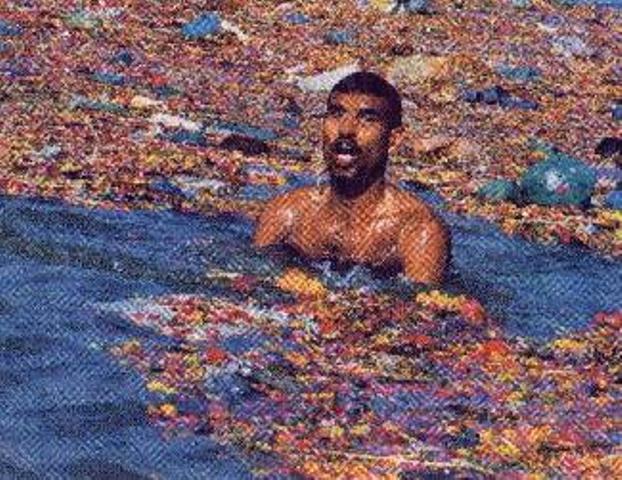
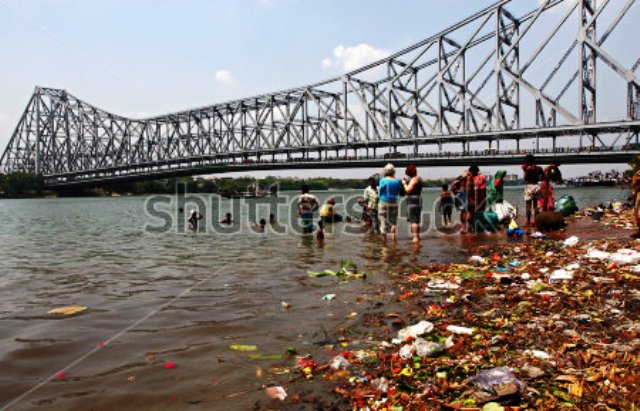






Dear Surjit,
It is so true and one do realise but late that how badly we are abusing the goodies provided by the Creator and earlier we learn to respect the law. The poem by Col Kohli is very apt and fitting, if I remember correctly he is from Dehra Dun and a born poet, can give me some more details about him.
Kapoor
Amazing article !! ! What a beautiful comparison , How appropriate !!!
World is a stage and we are the actors , your question , who are the audience ?
My answer to this is –God , Allah
Bhagwan . He is the director of this play and He is the audience .
I wonder if He has any help or script writers team
Love to Surender .
Talat Zamir
Thanks.
The answer you have given is the one which I offered to that wise old man. And he said, “If the Creator is the audience, and He is also the script writer as well as the producer of the Drama, then the men and women are not actors, but puppets!”
I think Ghalib reached closer to the truth when he said,
“Bazeecha-e-atfaal hai duniya mere aage…”
After a lot of aimless contemplation, I have come to the conclusion that ‘life’ and the ‘world’ can never be likened with any other thing or phenomenon. All that one can say is that “Falak mein Faalik aur Faalik men Falak” and leave it at that.
Incidentally, life is NOT like a river. Have you ever seen a river falling in love with another river…and bear a baby???!!!
Surjit
Thank you Sir for this marvelous piece. Am passing it on to all whom I love.
Kulbir
Kulbir,
Thanks.
This Internet world is interesting…it causes messages to travel to great distances. A bit like the ghazal sung by Jagjit,
“Baat niklegi to door talak jayegi…”
Regards,
Surjit
Thanks Surjit. Kolls has also aptly summed up.
Regards
Deswal
Sir,
Thanks.
The post was incomplete without this poem.
Surjit
Vintage Surjit- so profound, fluid and philosophical. Keep it coming.
The analogy is so apt- but essentially in the physicality-dimension of the phenomena of human existence! The ‘essence’ of existence goes beyond the physical, emotional and intellectual?
Is the ‘journey of the soul/spirit’ also like the river???
Besides there is a purpose of the Grand Weaver of Divine Designs at play- nothing happens by chance or coincidence,so say the enlightened. And those who seek and realise the purpose and process of Existence, beyond time and space are liberated.
You have alluded to the complexity and mystique and skirted- it is the key!
Sir,
When I go into the depth of this idea, I get lost. In fact sometimes I wonder if I know the ‘true’ meaning of the words.
I think, soul is like the vapor which rises from the ocean. The clouds formed by them travels to wherever the winds take them. And then they come down. Only a few of the raindrops form part of the rivulets and rivers. In fact over eighty percent of the rain falls into the ocean itself!
So I think the drops that get into the river are the ones that bear a body. But I am not sure. I am reminded of an Urdu couplet by Nida Fazli,
“Kabhi kabhi, yun bhi hum ne apne jee ko bahlaya hai
Jin baaton ko khud nahin samjhe, auron ko samjhaya hai!
As for the touching piece which you have sent, I am sending a regular mail.
Surjit
Dear Surjit,
Thanks.
I endorse the comments sent in by others…They have done a very good job.
Moru
Uncle,
Great piece! I loved the analogy that you drew between a river and a human being.
There is a great deal of similarity between nature’s varied phenomena.
Warm regards.
Isha ji,
Thanks.
I was struck by the similarity when I saw the Teesta in Sikkim. It is a beautiful river, and when it flows through the mountains, it is a joy to see. And after it gets into the plains of West Bengal, it wears an altogether different look. Finally, it joins Brahmaputra, before completing its journey.
The similarity becomes more striking when you notice clouds rising from the oceans…and that is like the soul. That apart, there are some more similarities. Just like us mortals, some rivers are long others are short. Some are mighty, others don’t have enough water to be called perennial! Some like the Amazon, retain their current long after they have entered the oceans, others are forgotten even before they reach the sea.
Finally, I discovered something after writing the piece. And that is, THREE-FOURTHS OF ALL THE RAIN FALLS ON THE OCEAN ITSELF!!! Thus there are billions of drops, that do not get an opportunity to form part of the a river at all. Human beings are also like that…many poor souls live meaningless lives.
Surjit
Thanks a lot General sahib. Great thoughts well expressed about LIFE and River.
Satish Manocha
Makes us think, like all your ealier musings.
Thinking is probably the only activity which does not diminish with age. It possibly increases due to greater availability of time in the after work life.
The beliefs and so called home truths undergo transformation in the first five years of retired life. Then they change drastically in a matter of months- in the event of death of spouse, loss of a offspring, great loss of money, change of residence and serious and prolonged sickness of self or wife.
Thoughts and sharing of thoughts is a really creative activity which helps a large number of people. Gen Surjit sir , you are gifted in your mental faculties as well as puttting it on paper (computer) in a proper manner.
Sharing of thoughts can also create a revolution.
Thank you sir
MBJ,
You are kind with your words. Thanks.
Writing is a hobby. It helps me in reducing the burden on my soul. When some one like you finds it useful, I feel happy!
Best wishes,
Surjit
We all are miniatures of
Shakespeares
but the saddest thing is we also will be recognized 400 years hence
I think I have traced the river poem
from my garbage bin…
as I am not too conversant/ADEPT with this jam … not dam laps top
but shall do something tomorrow
Take care the world looks at YOU WITH HOPES.
The future Shakespeare!
colls/sgmt
Dear Sergeant Major,
Thanks.
I have received the poem. In a couple of days I will add it to the post, and inform all my readers to read it.
You have made an apt observation. that the rivers never go back. And that is like life itself.
Thanks.
Surjit
Sir,
Thanks.
Not only individuals, even civilizations can be compared with the river flow. Dynasties emerge like rivulets. They grow large like rivers, and then de-generate. Power corrupts the rulers, and then they begin to do things which they must not do. Decline and fall is inevitable.
Gul
Yes. There is a marked similarity between a river and human life. The re-birth cycle is easier to explain this way.
Indeed, the similarity has its limitations, and it must not be carried farther than its finite limits.
Surinder
Yes. I agree.
Life is life. The world is NOT a stage, and men and women are not actors. Nor is life a dream or an illusion. It is neither necessary nor possible to compare it with any other natural or even super-natural phenomenon.
The song in the end has been placed there for this very purpose. It says, “Experience love with your soul; do not give it any other name!”
Surjit
What an imaginative thinking! Great philosophy
… thanx.
Vinod Bahl
Great One ,
Thanx ,
Vijay
An excellent piece for reflection.
Thanks.
Sabhlok
Very nice thought process of Generalsaheb, dipping in Bhaarateey philosophy to some extent. His language is also very simple and easily understood by common people like us.
His comparison of human life with a flowing river is quite appropriate. Rather it is ell known saying that life is a travel and not (any) destination. In this aspect one can surely equate human life with a river. As Industry and Modern Development, the rivers have been polluted to great extent, the Materialism that is engulfing the human life is really making it valueless.As it is the world is full of good things as well as bad things and we are expected to accept both in our stride.The West is trying to finish or kill the bad, and as a result it is turning back on human life to destroy the goodness to a large extent. Man has to learn the lesson that killing something (even bad) does not finish it but gives it a rise (more stronger form) in unexpected way, is the manner in the world. What we need to do is only to see that the existent bad things do not affect the world. Let them be. Man has to do is keep the bad things ‘ineffective’ to damage anything in the world. Rather that is his task in the life on this planet. This really agrees with Bhaarateey thoughts as available in Vedas. All our Saints have been saying this throughout their lives, isn’t it?
Very nice description of the stages of human life brought out of The Bard’s plays. These however can be divided into our वर्णाश्रम system. Once you have finished your गृहस्थाश्रम you are nearly out of your वर्ण. You are only human being busy in advising his children and other youngsters in the ways of life.
Overall the piece is very good and Generalsaheb deserves congtatulations for the thoughts.
With regards,
——Mukund Apte
Thanks a lot for the kind words. Your comments are incisive! And your language is very polished. The words are well chosen, and the expression is flawless.
Surjit
It felt so touching reading your thoughts. We have started teaching our children in schools about cleaning our rivers. We should relate rivers to our souls and teach the children the importance of, likewise, keeping our souls clean.
Vipan,
I think you have been able to understand this better than any one else. The Sikkim pictures would have brought Teesta back in front of your eyes.
We have paid a heavy price for our industrialization. The word pollution did not exist in our vocabulary when we were children.
Okhla was a picnic spot…and we used it to cool mangos. And look at what we have done to our Yamuna!!!
Surjit
….””hamne dekhi hai un ankhon ki mehakti khushboo’
..””aour humne dekh rahey hain …aapkee aankhhon mei guft gu…””
I shall return with my poem
I once composed
THE RIVER OF NO RETURN…
IF I CAN’T LOCATE IT I SHALL COMPOSE
LIFE IS A RIVER WE ALL SUPPOSE…
Colls
the SGMT
Thank you, Sir!
I know you are the only one who would have seen the similarity.
And if Shakespeare could compose that famous monologue, I see no reason why we can not create something better, now!
Look forward to your piece!
Surjit